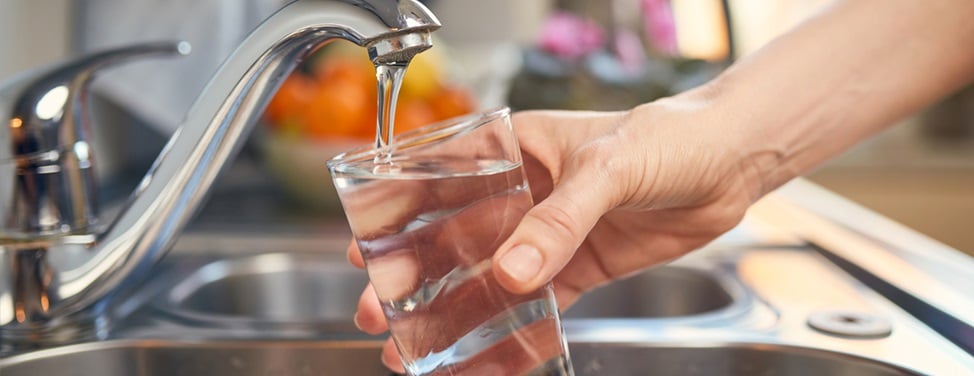
Diet Modifications for Nausea and Vomiting
General Guidelines for Minimizing Nausea
- Smaller portions of foods that are low in fat seem to work best. These foods are easier to digest and move through the stomach faster. If you are eating smaller portions of low-fat foods, be sure to eat more often to meet your calorie and protein needs.
- Eat salty foods and avoid overly sweet ones, especially if you have been vomiting.
- If there are specific times when you know you are going to be nauseated or vomiting, do not eat foods that you really like. You may get turned off from these favorite foods by associating them with the nausea and vomiting.
- Clear, cool beverages are recommended. Take whatever you feel you can tolerate. Examples include clear soups, flavored gelatin, carbonated beverages, popsicles and ice cubes made of frozen drinks. (Note: when drinking with a straw, sip slowly to avoid swallowing air that can cause gas.)
- Sometimes the smell of foods cooking, especially greasy foods, can cause feeling of nausea. If you have problems with this, cold foods such as dairy products, sandwiches and fruits may help.
Minimizing Nausea When Eating
- Avoid liquids at mealtimes. Take them 30 to 60 minutes before and after eating.
- Do not lie down flat for at least two hours after eating.
- If the smell of food makes you nauseated, let someone else do the cooking or use prepared food from the freezer.
- Do not consume food in a room filled with cooking odors or in a warm, stuffy room.
- Eat meals slowly.
If nausea and vomiting continue to be a problem, talk with your doctor. If medication is prescribed, take it as directed.
Be aware that large amounts of vitamins, minerals and other supplements – such as herbal remedies, lecithin and algae – may cause additional nausea and vomiting; therefore, their use should be discussed with your doctor.
UCSF Health medical specialists have reviewed this information. It is for educational purposes only and is not intended to replace the advice of your doctor or other health care provider. We encourage you to discuss any questions or concerns you may have with your provider.













